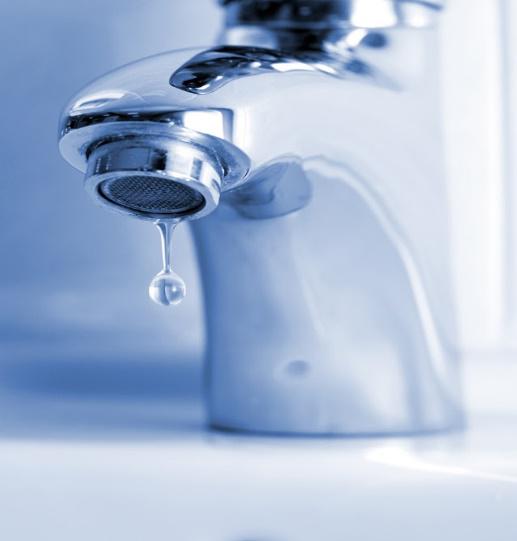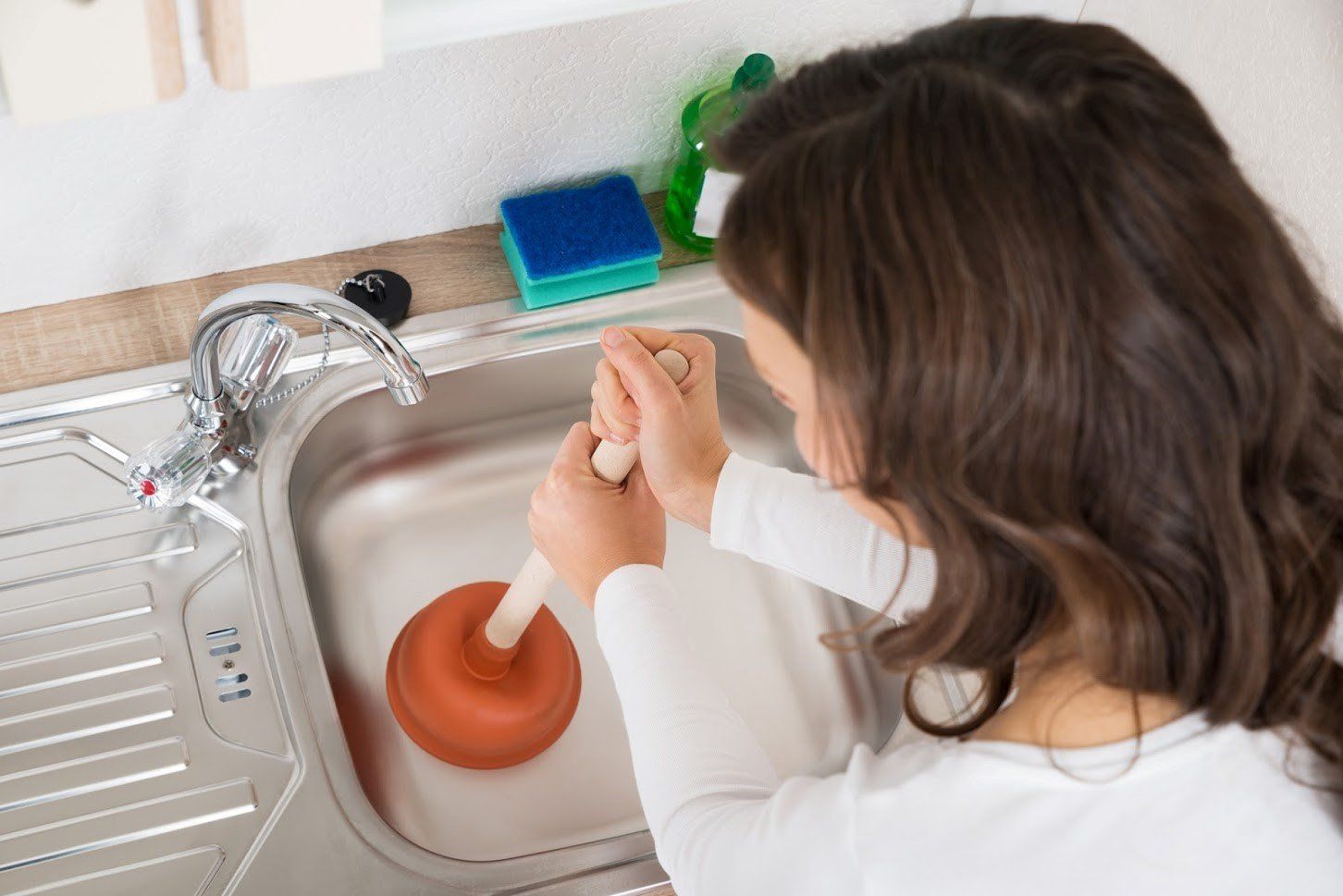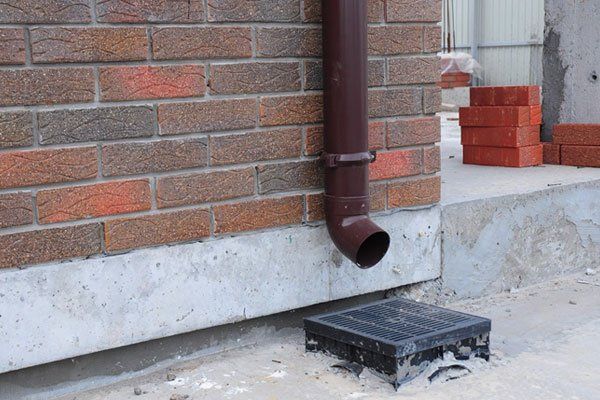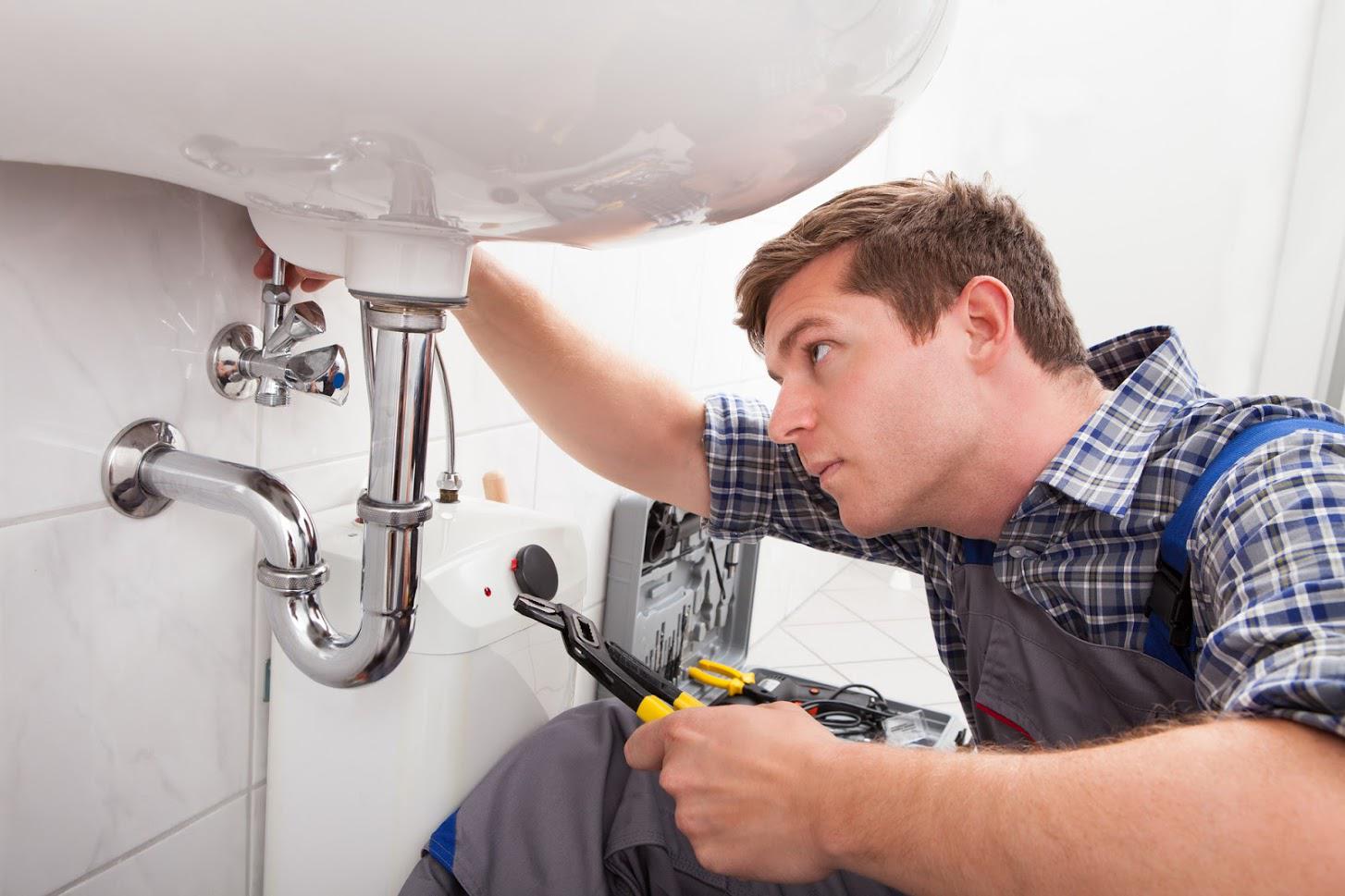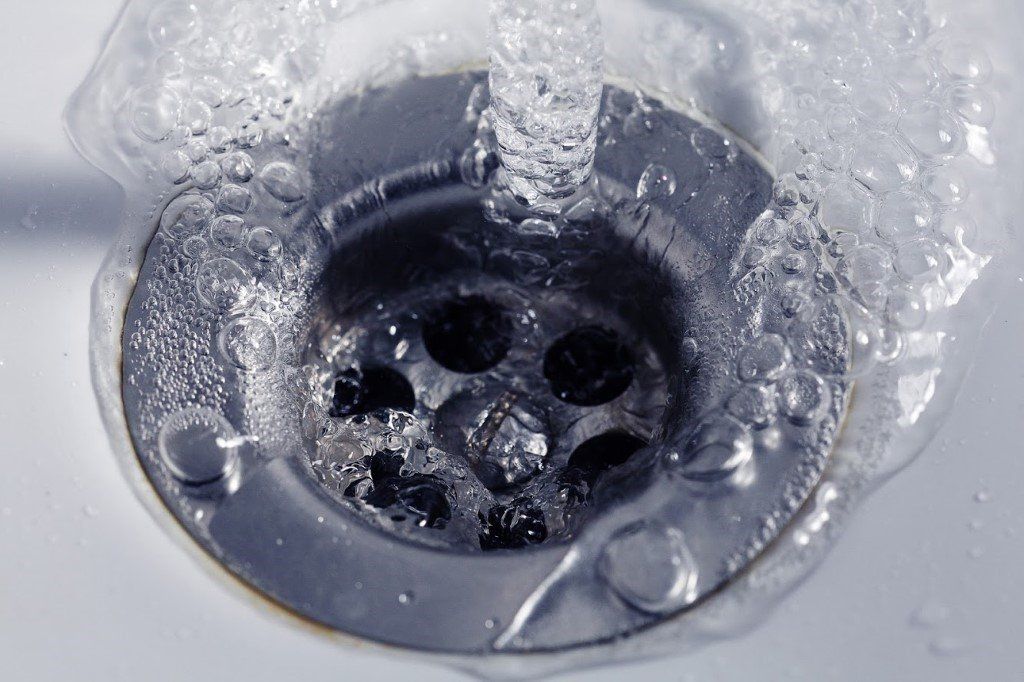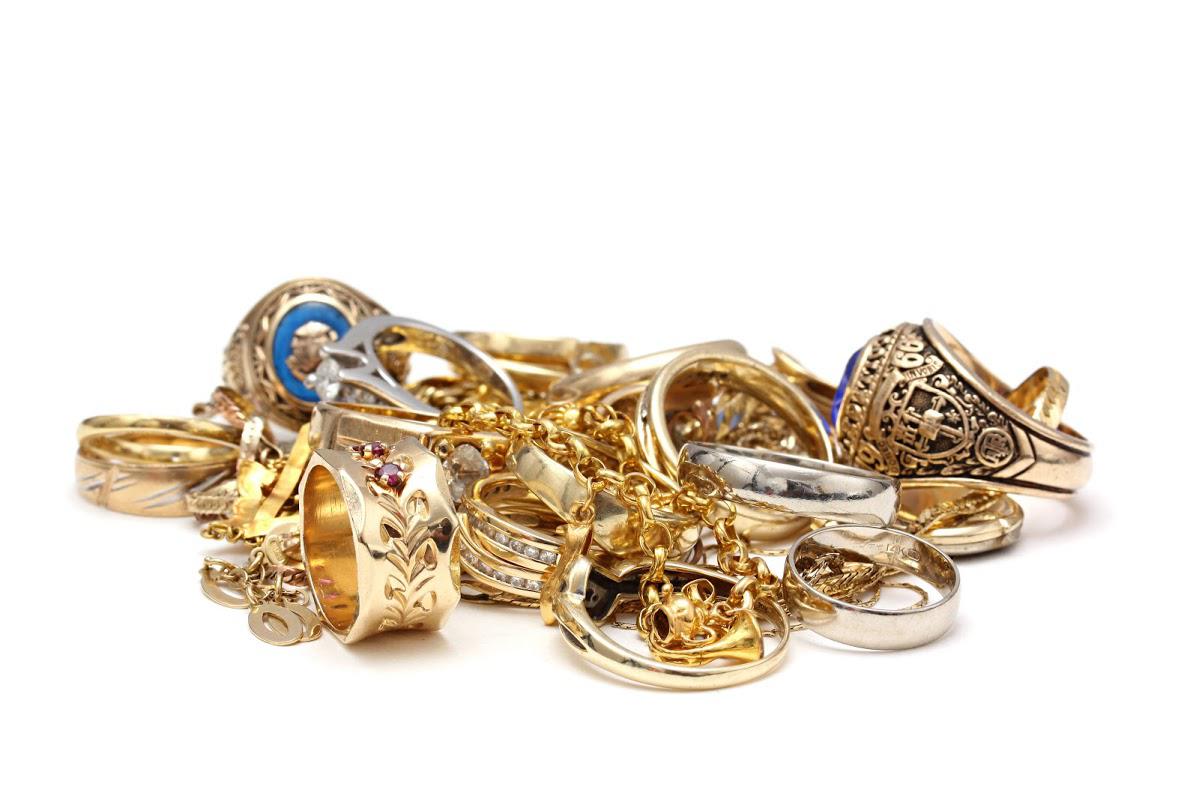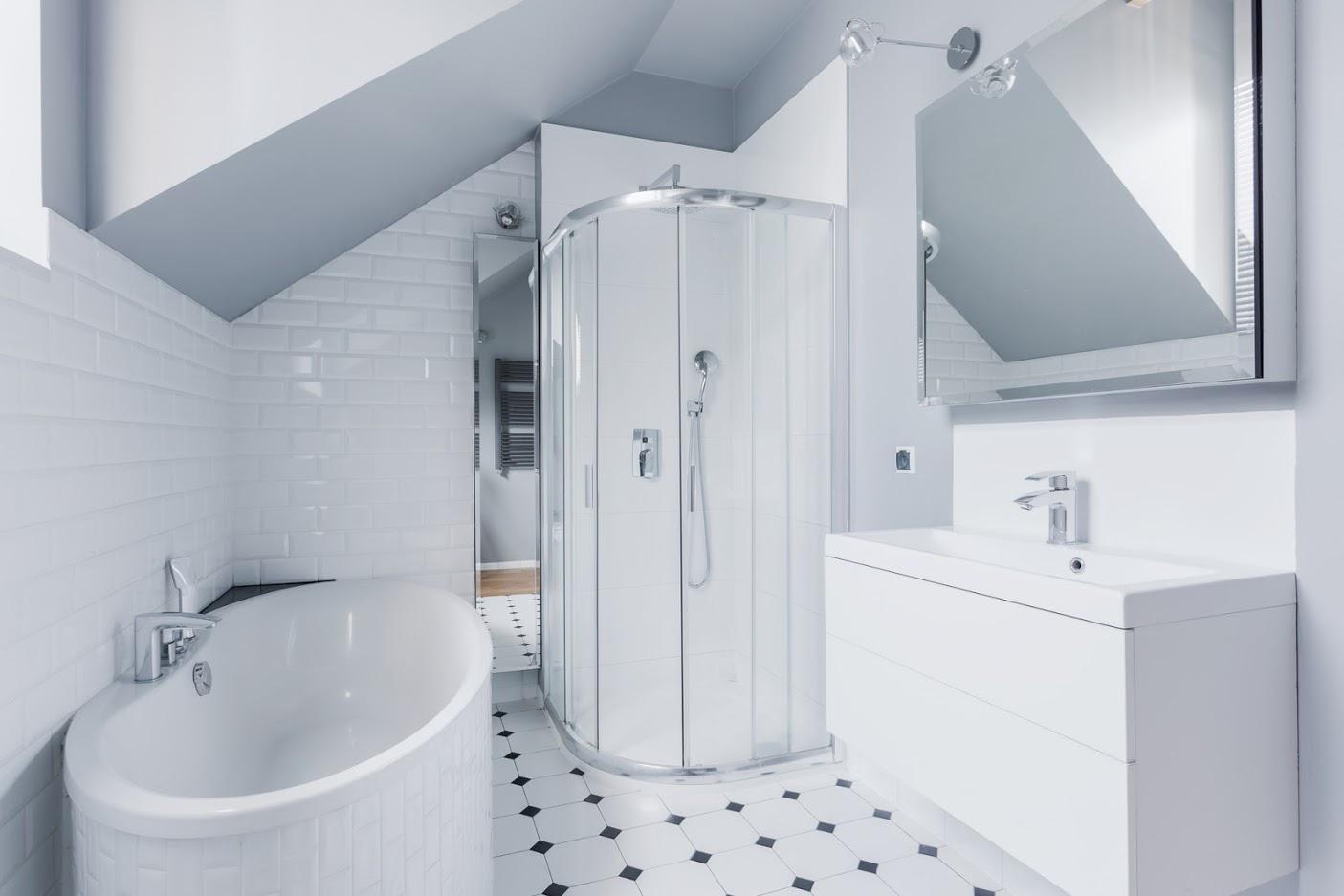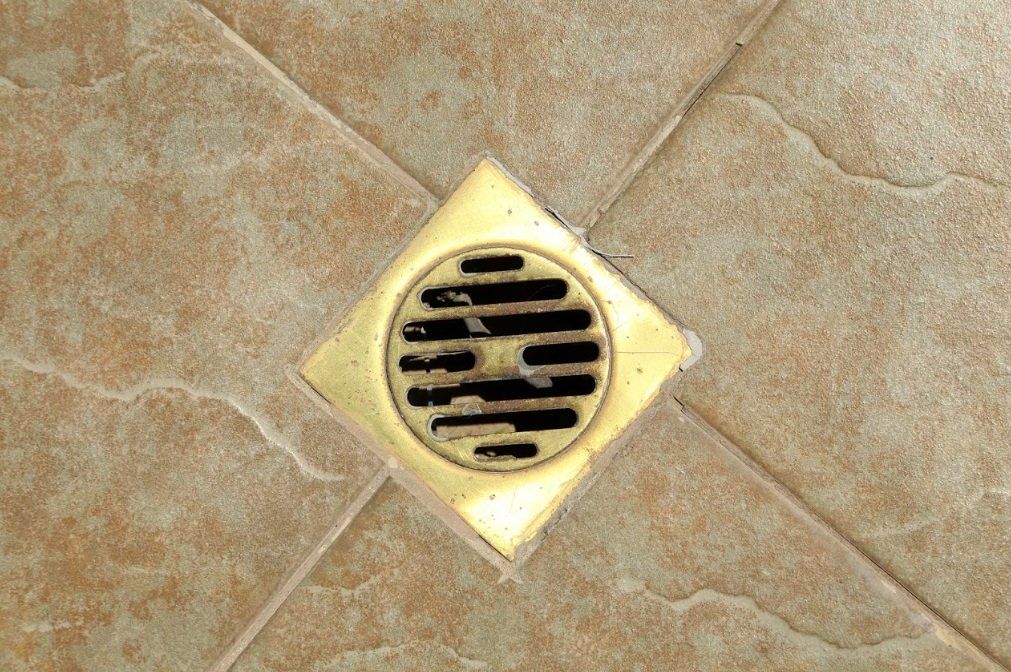Common Plumbing Habits That Cost You Money
Admin • October 16, 2020
Homeowners usually want to save money on use and maintenance of their plumbing and drain systems. But saving on your drain care costs and water bill can go wrong if you don't follow the best practices for drain use at the same time.
Some popular habits meant to avoid spending money on plumbing or drains may actually turn out to be false economy, meaning they could cost more money down the road. Don't fall prey to these potential false economies. Here are a few examples of drain- and sewer-related habits meant to save money that could actually cause more problems and expense later.
1. Avoiding Plumbers
When you need drain services or other plumbing services, ignoring the problem will only lead to a worse issue, and maybe even a major disaster. And substituting amateur efforts to unclog a drain, for instance, can be nearly as bad.
Using a drain augur without the correct experience could actually damage your pipes. And using chemicals for DIY drain cleaning may turn out to be less cost-effective than it seems. In addition to the potential for injury, you have to consider potential damage to your plumbing.
Chemical drain cleaners cause a chemical reaction that can throw off a lot of heat, potentially distorting a drain pipe. And the chemicals can corrode metal drainpipes or metal components of plumbing fixtures. In the long run you could end up needing expensive repairs from these cleaners.
2. Leaving Faucets Dripping
The common practice of leaving faucets dripping or trickling in cold weather is intended to save money and effort from burst pipes. But this may cause drain problems if the trickle of water freezes in an uninsulated drain line. Frozen drains aren't just an inconvenience; they can often lead to a burst line or a flood or both, costing even more money than you saved.
If your water pipes are at risk of freezing, use other strategies like insulation and heat tapes rather than leaving the faucets on. You can also add insulation to any exposed drain lines to further reduce the chances of a frozen drain. Talk to your plumbing and drain professional about which options will work best for your exposed water and drain pipes.
3. Nursing Along an Old Dishwasher
While replacing an appliance may sound like an expensive and unnecessary undertaking, sometimes avoiding this expense isn't as helpful as it seems. So don't use money as an excuse to keep an ancient, breaking-down dishwasher. These appliances could send more hot water and energy down the drain than a new one would, increasing your water and sewer bill.
A dishwasher that's getting older and less effective may even leave some dishes dirty, which can cause even more expense by necessitating a second wash. And the old appliance may eventually start to require frequent and expensive repairs, unlike a fresh new appliance.
If buying a brand-new, water-efficient dishwasher is too expensive, search for a lightly used appliance that's not more than a couple years old. It could be newer and more efficient than your old one, yet still highly affordable.
4. Saving Water With a Brick
You may have heard the myth that placing a brick in your toilet's tank is a good way to save on your water and sewer bill, but you should be aware that this can also be a false economy. If you save a few gallons of water but then have to pay for drain services when brick particles start to clog up your drains, you may not save money after all.
As you can see, some efficiency and economy strategies are more worth trying than others. For more information on the dos and don'ts of drain care and use, get in touch with your local drain experts today.

